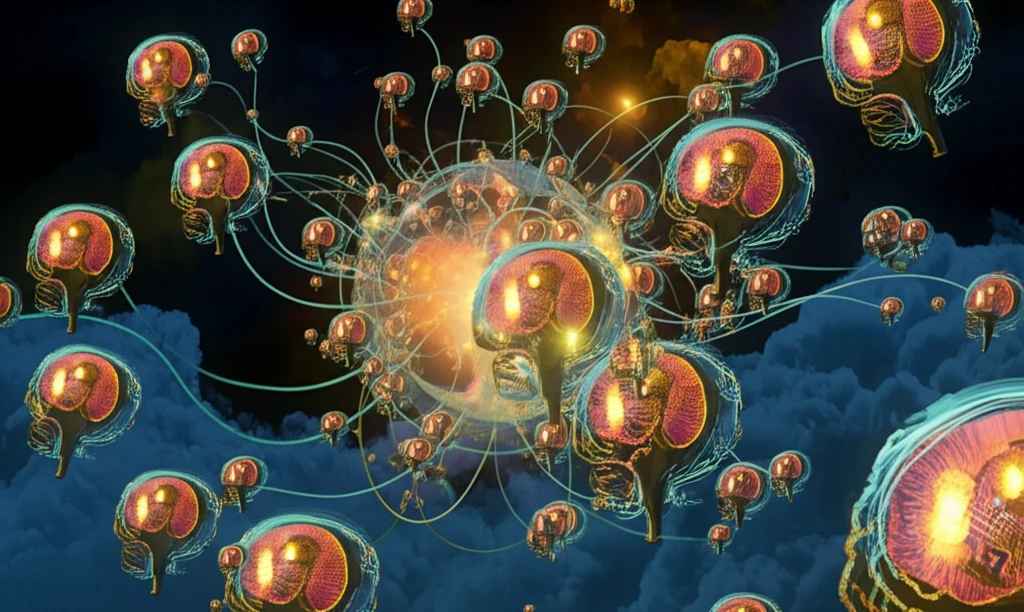
Unlocking Social Learning: How Your Preferences Shape What You Believe
"Forget Unbounded Beliefs: Discover the surprising interplay between your personal preferences and the information you absorb from others, and how it impacts your ability to learn and adapt."
Imagine navigating a world of constant information, where every choice you make is influenced by the actions and opinions of those around you. This is the realm of social learning, a process where we observe others, gather information, and adjust our own beliefs and behaviors accordingly. But what if the way we learn isn't just about the information itself, but also about our own deeply held preferences? Recent research is challenging long-held assumptions about how societies learn, revealing the surprising role that our individual tastes and biases play in shaping collective knowledge.
For years, the prevailing theory suggested that 'unbounded beliefs' were essential for effective social learning. This meant that people needed to be open to even the most unlikely possibilities, capable of drastically changing their minds based on new information. However, this idea doesn't quite align with the reality of how we process information. We all have our preferences, things we like and dislike, and these biases inevitably color how we interpret what we see and hear.
A new study is turning this conventional wisdom on its head, introducing a concept called 'excludability.' This novel framework highlights the crucial interplay between our preferences and the information we receive, demonstrating that societies can still learn effectively, even without everyone embracing unbounded beliefs. In fact, the research suggests that in many cases, our preferences can actually guide us toward the truth.
Excludability: The Key to Social Learning?

The researchers identify a simple condition for learning they call 'excludability,' which is a joint property of agents' preferences and their information. Excludability suggests that it's not necessary for individuals to be completely open to all possibilities, but rather that they can effectively rule out incorrect actions, even if they don't immediately know the 'correct' one. This subtle distinction has profound implications for our understanding of social learning.
- Social learning
- Herds
- Information cascades
- Single crossing
- Euclidean preferences
- Location-shift information
- Unbounded beliefs
Why Preferences Matter
These new findings highlight the importance of considering individual preferences when analyzing how societies learn. It's not enough to simply assume that everyone is a perfectly rational information processor. Our biases, tastes, and predispositions play a significant role in shaping what we believe and how we act. Understanding this interplay is crucial for designing effective communication strategies, promoting informed decision-making, and fostering a more nuanced understanding of social phenomena.
